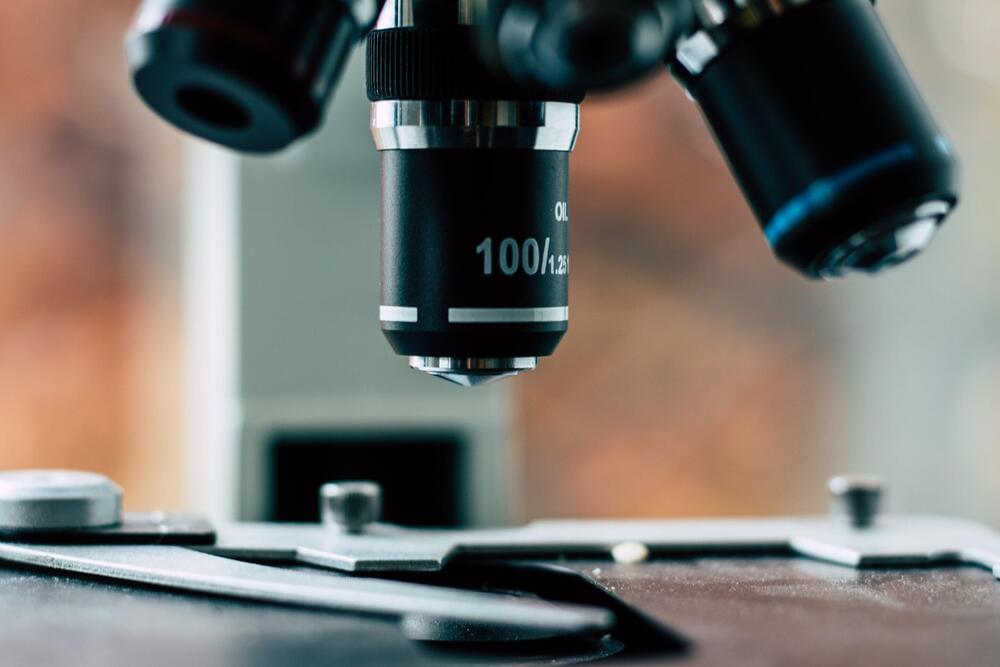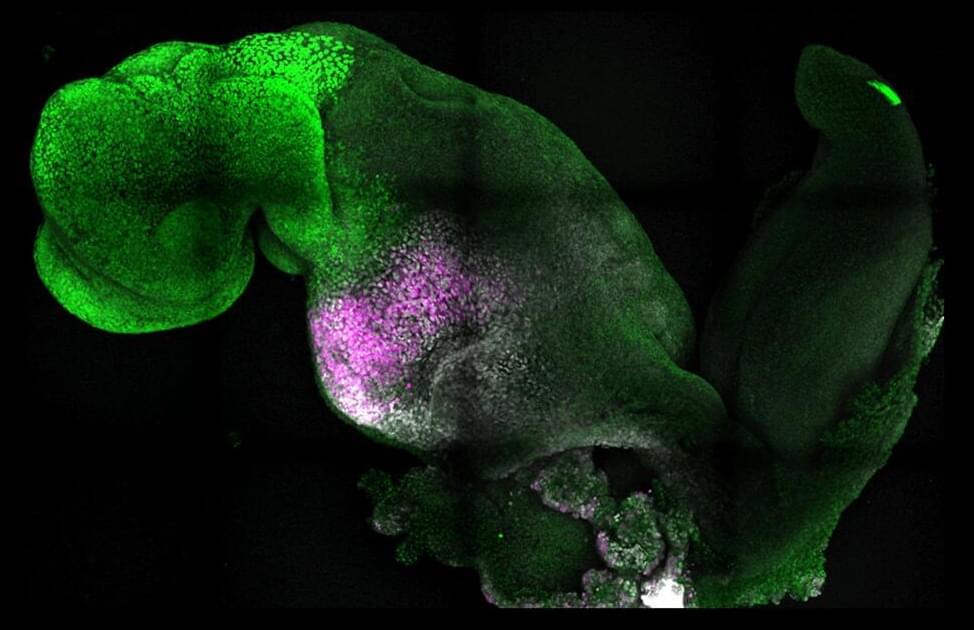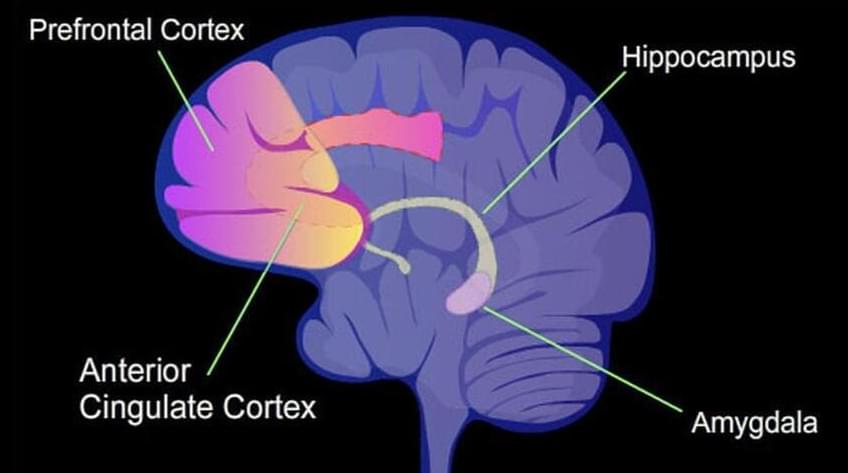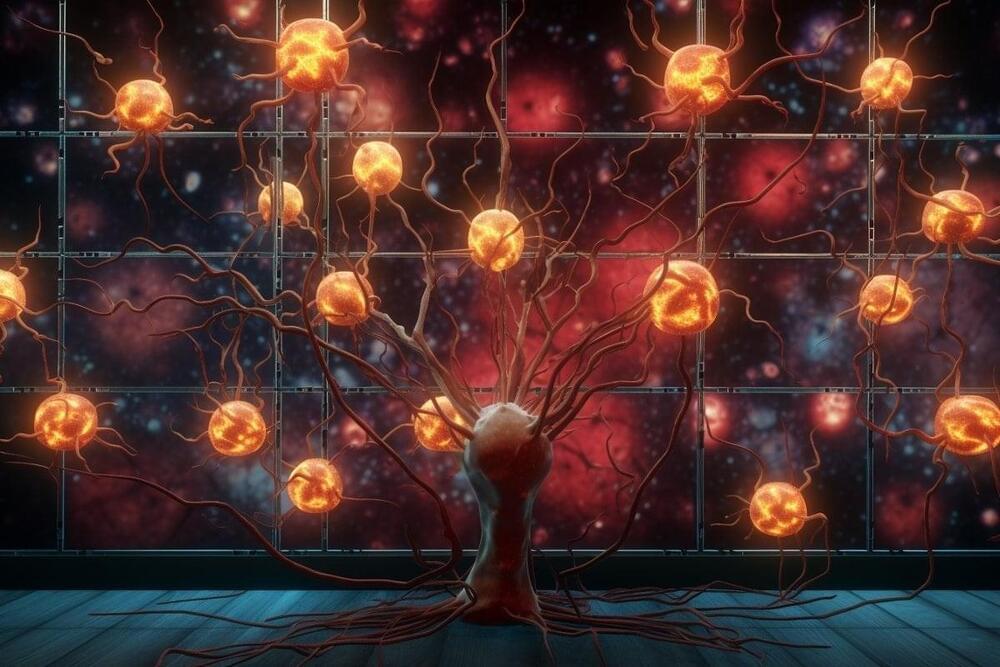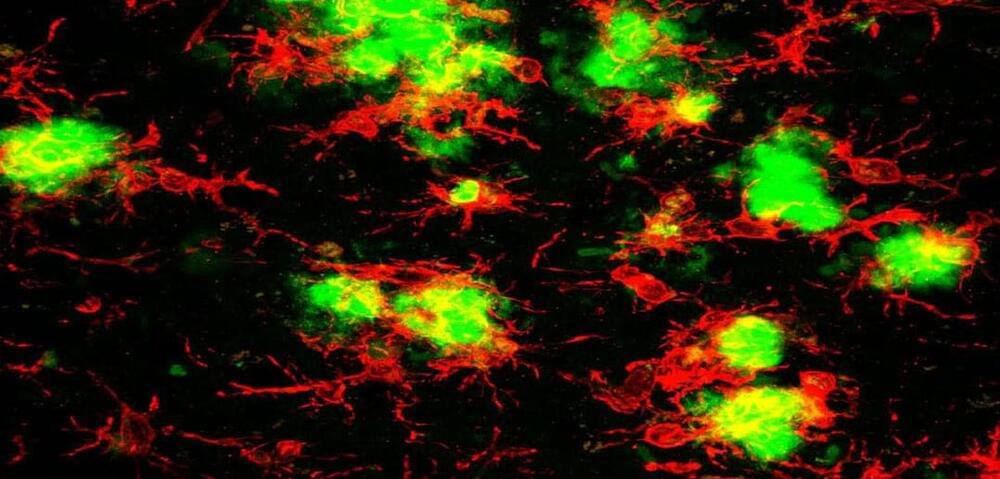Jun 15, 2023
Altered gut bacteria may be early sign of Alzheimer’s disease
Posted by Shubham Ghosh Roy in categories: biotech/medical, neuroscience
People in the earliest stage of Alzheimer’s disease—after brain changes have begun but before cognitive symptoms become apparent—harbor an assortment of bacteria in their intestines that differs from the gut bacteria of healthy people, according to a study by researchers at Washington University School of Medicine in St. Louis.
The findings, published June 14 in Science Translational Medicine, open up the possibility of analyzing the gut bacterial community to identify people at higher risk of developing dementia, and of designing microbiome-altering preventive treatments to stave off cognitive decline.
“We don’t yet know whether the gut is influencing the brain or the brain is influencing the gut, but this association is valuable to know in either case,” said co-corresponding author Gautam Dantas, Ph.D., the Conan Professor of Laboratory and Genomic Medicine. “It could be that the changes in the gut microbiome are just a readout of pathological changes in the brain. The other alternative is that the gut microbiome is contributing to Alzheimer’s disease, in which case altering the gut microbiome with probiotics or fecal transfers might help change the course of the disease.”
